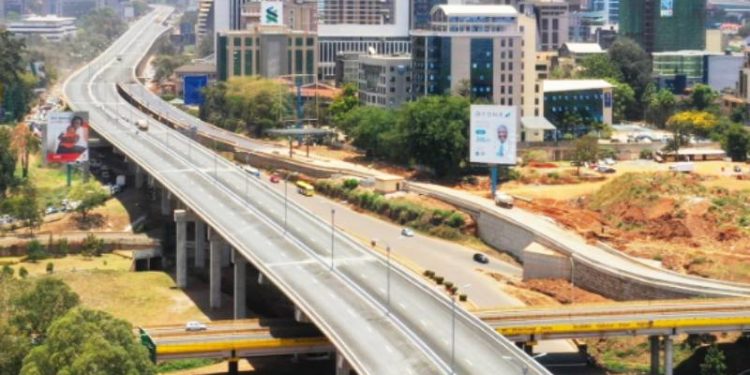The World Bank Group Board of Directors has granted approval for a first-phase financing of $390 million to the Kenya Digital Economy Acceleration Project. This project will focus on expanding access to high-speed internet, improving the quality of education and selected government services, and building skills for the regional digital economy. It will use a Multi-phase Programmatic Approach (MPA) in two phases, with the first phase running from 2023 to 2028, and the second from 2026 to 2030.
The Kenya Digital Economy Acceleration Project aims to close the digital divide in access to broadband, digital public services, and the skills needed for individuals and businesses to thrive in an increasingly digitized economy and society. By shrinking disparities in digital skills and connectivity and expanding the digital marketplace, it seeks to make Kenya’s growth more equitable.
Keith Hansen, the World Bank Country Director for Kenya, Rwanda, Somalia, and Uganda, believes that expanding access to digital technologies and services is a cross-cutting pathway to accelerate economic growth and job creation, improve service delivery, and build resilience.
The initiative seeks to increase last-mile connectivity by boosting broadband network coverage for over 70% of Kenya’s population that resides in rural and underserved areas. Kenya’s digital agenda aims to transform the country into a regional ICT hub by increasing fiber optic coverage to 100,000 km and digitizing 80% of public services.
The project will increase access to broadband by expanding the fiber backbone and last-mile connectivity to government and learning institutions, as well as along Kenya’s borders with neighboring countries, benefiting the regional digital market. It will also enhance digital skills to support the uptake of digital services and the development of a competitive labor force for the digital economy. The project also aims to strengthen Kenya’s capacity to drive regional digital integration with positive spillovers to other countries.
Expanded access to connectivity will reduce the need for travel to access information and services, minimize the carbon emissions footprint, and facilitate service delivery in times of emergencies requiring remote operations. The project will also mobilize an estimated $100 million in private capital by crowding-in the private sector for broadband infrastructure development.
READ; Kenya to Earn KSh 1.4 Trillion from Digital Economy by 2025



